
It is very sad that it takes this kind of study to give a convincing argument of why the poor should receive healthcare. We would like to think that compassion and concern for humanity would provide enough argument on its own – just the fact that these are human beings – but as long as the result of the study is action, we don’t care how it is achieved…if it has to be done on economic/logical grounds and not on values/moral grounds, then so be it. As long as more people are covered!
From NYTimes:
When poor people are given medical insurance, they not only find regular doctors and see doctors more often but they also feel better, are less depressed and are better able to maintain financial stability, according to a new, large-scale study that provides the first rigorously controlled assessment of the impact of Medicaid.
While the findings may seem obvious, health economists and policy makers have long questioned whether it would make any difference to provide health insurance to poor people.
It has become part of the debate on Medicaid, at a time when states are cutting back on this insurance program for the poor. In fact, the only reason the study could be done was that Oregon was running out of money and had to choose some people to get insurance and exclude others, providing groups for comparison.
Some said that of course it would help to insure the uninsured. Others said maybe not. There was already a safety net: emergency rooms, charity care, free clinics and the option to go to a doctor and simply not pay the bill. And in any case, the argument goes, if Medicaid coverage is expanded, people will still have trouble seeing a doctor because so few accept that insurance.
Until now, the arguments were pretty much irresolvable. Researchers compared people who happened to have insurance with those who did not have it. But those who do not have insurance tend to be different in many ways from people who have it. They tend to be less educated and to have worse health habits and lower incomes, said Dr. Alan M. Garber, an internist and health economist at Stanford. No matter how carefully researchers try to correct for the differences “they cannot be completely successful,” Dr. Garber said. “There is always some doubt.”
The new study, published Thursday by the National Bureau of Economic Research, avoided that problem. Its design is like that used to test new drugs. People were randomly selected to have Medicaid or not, and researchers then asked if the insurance made any difference.
Health economists and other researchers said the study was historic and would be cited for years to come, shaping health care debates.
Read the full story here!



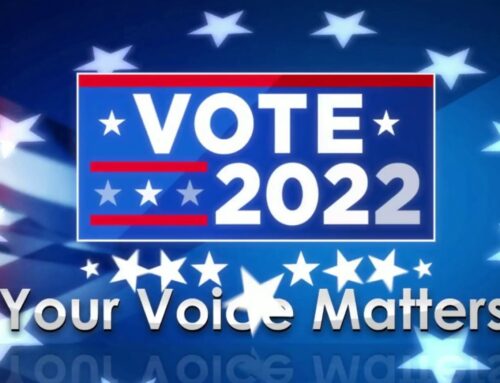

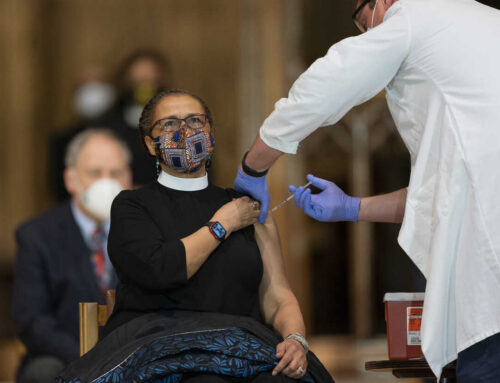










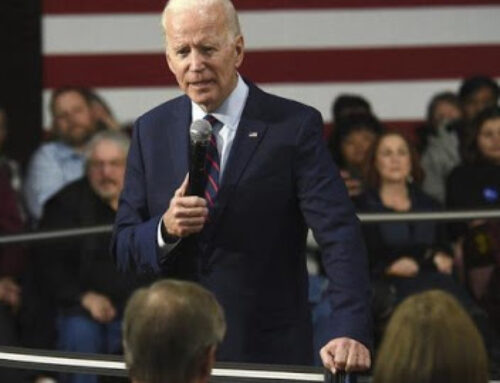








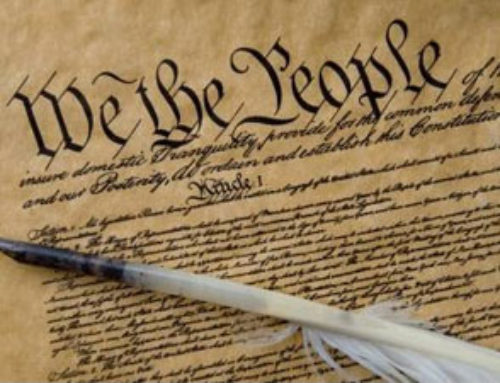

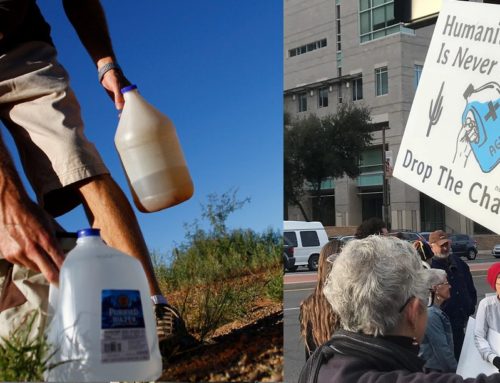


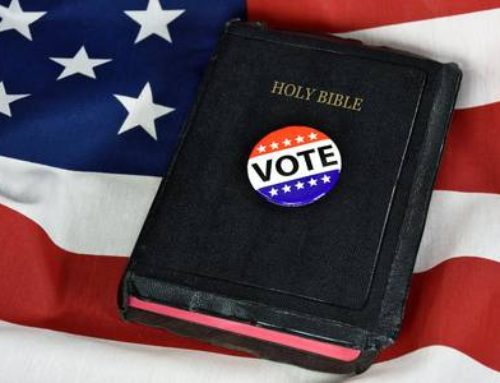

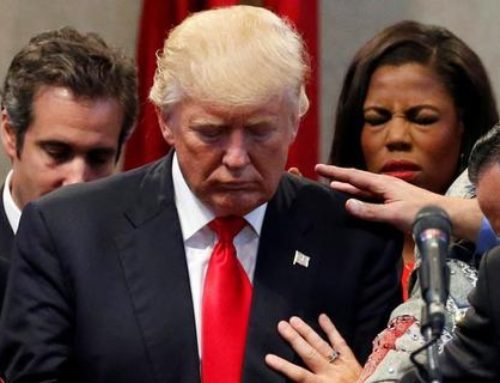
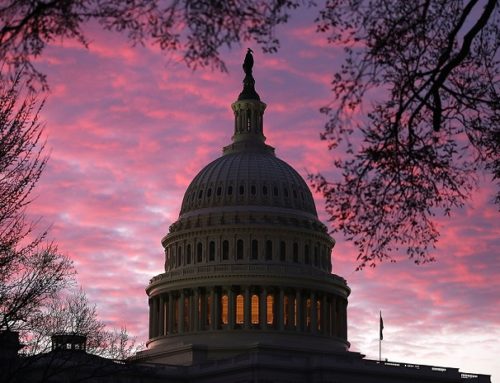
















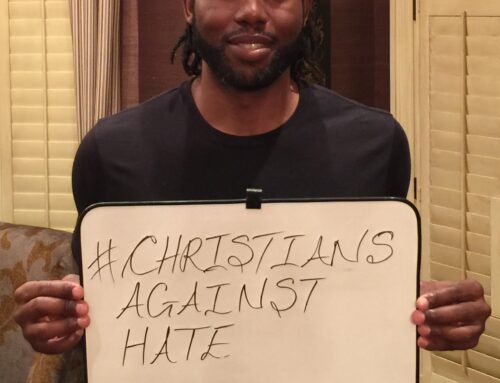





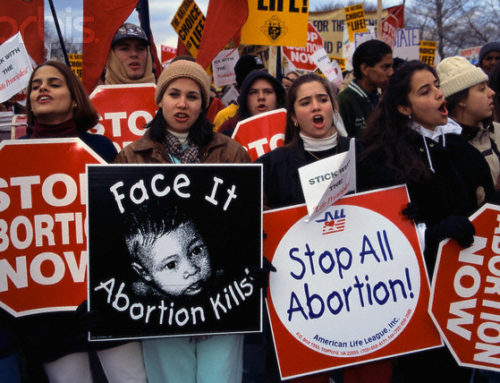






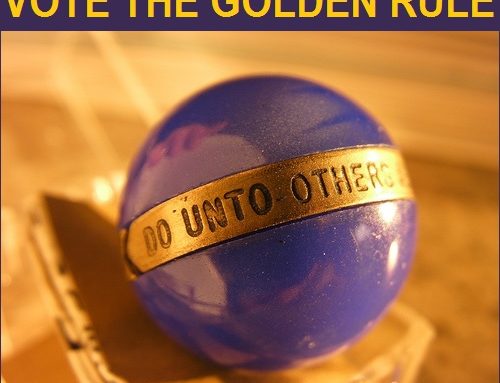
Awesome website…
[…]the time to read or visit the content or sites we have linked to below the[…]……
Cool sites…
[…]we came across a cool site that you might enjoy. Take a look if you want[…]……
Read was interesting, stay in touch…
[…]please visit the sites we follow, including this one, as it represents our picks from the web[…]…
Internet Marketing…
[…]here are a few links to sites that we link to because we think they are well done[…]…
Automotive News and Reviews…
[…]just below, are some worth checking out pages[…]…
Superb website…
[…]always a big fan of linking to bloggers that I love but don’t get a lot of link love from[…]…
Cool sites…
[…]we came across a cool site that you might enjoy. Take a look if you want[…]……
Websites you should visit…
[…]below you’ll find the link to some sites that we think you should visit[…]……
Car Warranty News and Reviews…
[…]while the sites we link to below are`nt related to us, but are cool[…]…
computer recycling…
[…]check out the content or pages we have […]…
Links…
[…]Sites of interest we have a link to[…]……
Awesome website…
[…]the time to read or visit the content or sites we have linked to below the[…]……
Sites we Like……
[…] Every once in a while we choose blogs that we read. Listed below are the latest sites that we choose […]……
Recommeneded websites…
[…]Here are some of the sites we recommend for our visitors[…]……
Recommeneded websites…
[…]Here are some of the sites we recommend for our visitors[…]……
Blogs ou should be reading…
[…]Here is a Great Blog You Might Find Interesting that we Encourage You[…]……
Awesome website…
[…]the time to read or visit the content or sites we have linked to below the[…]……
Websites we think you should visit…
[…]although websites we backlink to below are considerably not related to ours, we feel they are actually worth a go through, so have a look[…]……
Read was interesting, stay in touch……
[…]please visit the sites we follow, including this one, as it represents our picks from the web[…]……
Sites we Like……
[…] Every once in a while we choose blogs that we read. Listed below are the latest sites that we choose […]……
Auto Warranty Reviews…
[…]web sites worth going to[…]…
Automotive News and Reviews…
[…]just below, are some interesting pages[…]…
Gems form the internet…
[…]very few websites that happen to be detailed below, from our point of view are undoubtedly well worth checking out[…]……
FoxTec…
[…]the time to read or visit the content or sites we have […]…
Gems from the internet…
[…]very few websites that happen to be detailed below, from our point of view are undoubtedly well worth checking out[…]……
Superb website…
[…]always a big fan of linking to bloggers that I love but don’t get a lot of link love from[…]……
Great website…
[…]we like to honor many other internet sites on the web, even if they aren’t linked to us, by linking to them. Under are some webpages worth checking out[…]……
Sources…
[…]check below, are some totally unrelated websites to ours, however, they are most trustworthy sources that we use[…]……
You should check this out…
[…] Wonderful story, reckoned we could combine a few unrelated data, nevertheless really worth taking a look, whoa did one learn about Mid East has got more problerms as well […]……
You should check this out…
[…] Wonderful story, reckoned we could combine a few unrelated data, nevertheless really worth taking a look, whoa did one learn about Mid East has got more problerms as well […]……
Check this out…
[…] that is the end of this article. Here you’ll find some sites that we think you’ll appreciate, just click the links over[…]……
Related……
[…]just beneath, are numerous totally not related sites to ours, however, they are surely worth going over[…]……
Sources…
[…]check below, are some totally unrelated websites to ours, however, they are most trustworthy sources that we use[…]……
Check this out…
[…] that is the end of this article. Here you’ll find some sites that we think you’ll appreciate, just click the links over[…]……
Websites we think you should visit…
[…]although websites we backlink to below are considerably not related to ours, we feel they are actually worth a go through, so have a look[…]……
You should check this out…
[…] Wonderful story, reckoned we could combine a few unrelated data, nevertheless really worth taking a look, whoa did one learn about Mid East has got more problerms as well […]……
Websites worth visiting…
[…]here are some links to sites that we link to because we think they are worth visiting[…]……
Sources…
[…]check below, are some totally unrelated websites to ours, however, they are most trustworthy sources that we use[…]……
Trackback Link…
[…]Sites of interest we have a link to[…]……
Websites worth visiting…
[…]here are some links to sites that we link to because we think they are worth visiting[…]……
You should check this out…
[…] Wonderful story, reckoned we could combine a few unrelated data, nevertheless really worth taking a look, whoa did one learn about Mid East has got more problerms as well […]……
Superb website…
[…]always a big fan of linking to bloggers that I love but don’t get a lot of link love from[…]……
News info…
I was reading the news and I saw this really cool information…
Great website…
[…]we like to honor many other internet sites on the web, even if they aren’t linked to us, by linking to them. Under are some webpages worth checking out[…]……
Recommeneded websites…
[…]Here are some of the sites we recommend for our visitors[…]……
Read was interesting, stay in touch……
[…]please visit the sites we follow, including this one, as it represents our picks from the web[…]……
Websites worth visiting…
[…]here are some links to sites that we link to because we think they are worth visiting[…]……
Read was interesting, stay in touch……
[…]please visit the sites we follow, including this one, as it represents our picks from the web[…]……
Read was interesting, stay in touch……
[…]please visit the sites we follow, including this one, as it represents our picks from the web[…]……
Websites you should visit…
[…]below you’ll find the link to some sites that we think you should visit[…]……
Check this out…
[…] that is the end of this article. Here you’ll find some sites that we think you’ll appreciate, just click the links over[…]……
Recent Blogroll Additions……
[…]usually posts some very interesting stuff like this. If you’re new to this site[…]……
Gems form the internet…
[…]very few websites that happen to be detailed below, from our point of view are undoubtedly well worth checking out[…]……
Visitor recommendations…
[…]one of our visitors recently recommended the following website[…]……
Online Article……
[…]The information mentioned in the article is some of the best available […]……
Check this out…
[…] that is the end of this article. Here you’ll find some sites that we think you’ll appreciate, just click the links over[…]……
Online Article……
[…]The information mentioned in the article are some of the best available […]……
Visitor recommendations…
[…]one of our visitors recently recommended the following website[…]……
Online Article……
[…]The information mentioned in the article are some of the best available […]……
Medical Marijuana Dispensaries…
[…]here are some links to pages that we link to because we think they are well done[…]…
Marijuana Reviews…
[…]just below, are some totally unrelated places to our site, however, they are definitely worth visiting[…]…
PotSpot 411…
[…]Worthwhile web sites we visit[…]…
Medical Marijuana…
[…]below you’ll find some links to some Cool web sites[…]…
Websites we think you should visit…
[…]although websites we backlink to below are considerably not related to ours, we feel they are actually worth a go through, so have a look[…]……
FoxTec Online PC Parts…
[…]here are some links to pages that we link to because we think they are worth visiting[…]…
Websites we think you should visit…
[…]although websites we backlink to below are considerably not related to ours, we feel they are actually worth a go through, so have a look[…]……
Links…
[…]Sites of interest we have a link to[…]……
Check this out…
[…] that is the end of this article. Here you’ll find some sites that we think you’ll appreciate, just click the links over[…]……
Check this out…
[…] that is the end of this article. Here you’ll find some sites that we think you’ll appreciate, just click the links over[…]……
Websites worth visiting…
[…]here are some links to sites that we link to because we think they are worth visiting[…]……
Check this out…
[…] that is the end of this article. Here you’ll find some sites that we think you’ll appreciate, just click the links over[…]……
Cool sites…
[…]we came across a cool site that you might enjoy. Take a look if you want[…]……
Recent Blogroll Additions……
[…]usually posts some very interesting stuff like this. If you’re new to this site[…]……
Related……
[…]just beneath, are numerous totally not related sites to ours, however, they are surely worth going over[…]……